
Sal Godoij
Soulpunctures
According to Sal Godoij, a "soulpuncture" is every literary work that aims to stimulate the soul's energy.
Therefore, all poems, stories, comments, and ideas on this page are "soulpunctures."
It is the objective of this site (and of all Sal Godoij's writing for this matter) that every word said, sung, heard, written, or read punctures the soul and thus stimulates the soul's healing capability.
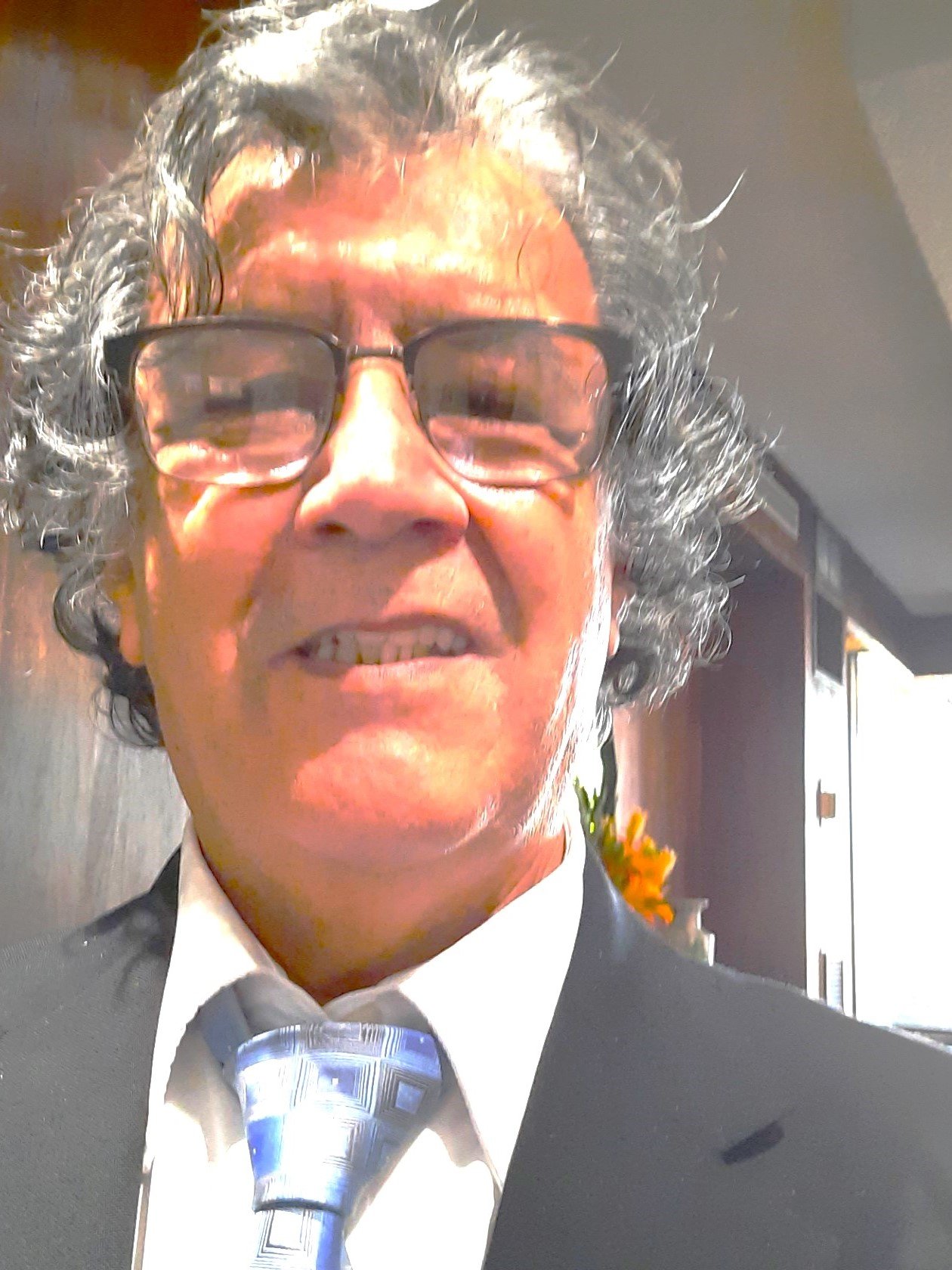
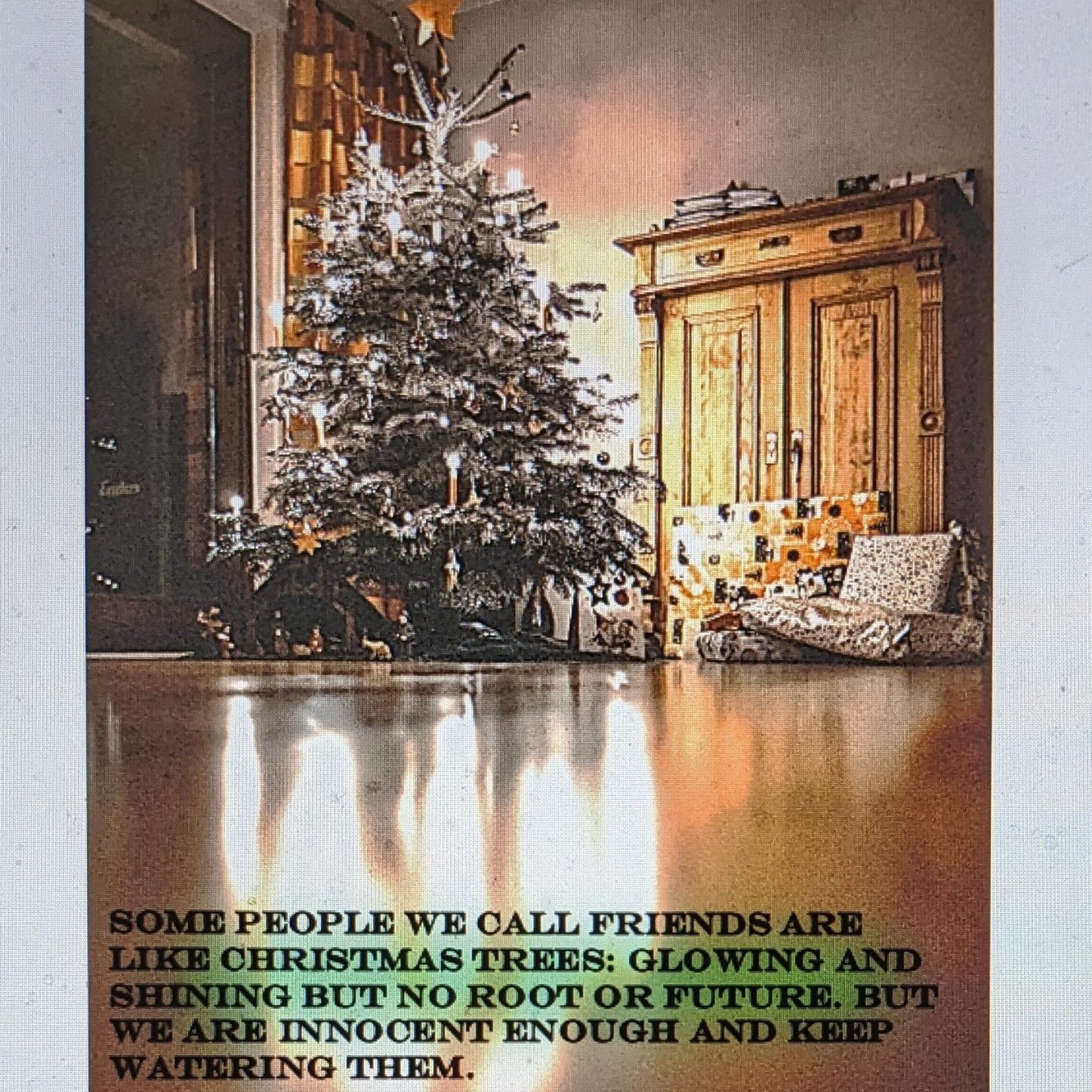
On Fake Friends
Some people we call friends are like Christmas trees: glowing and shining but with no roots or future. But we are innocent enough and keep watering them.
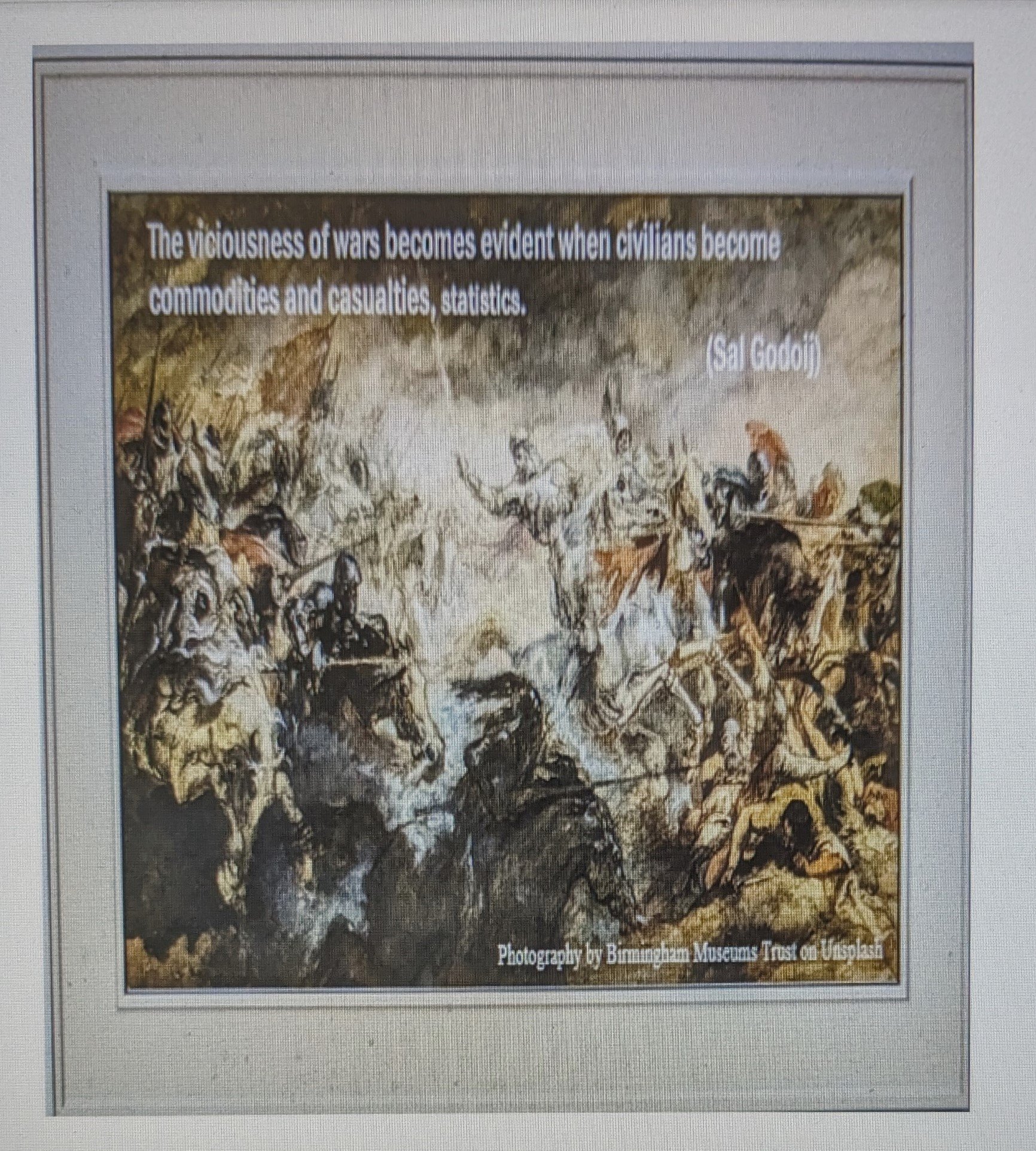
A Business of Politics
The viciousness of wars becomes evident when civilians become commodities and casualties, statistics.
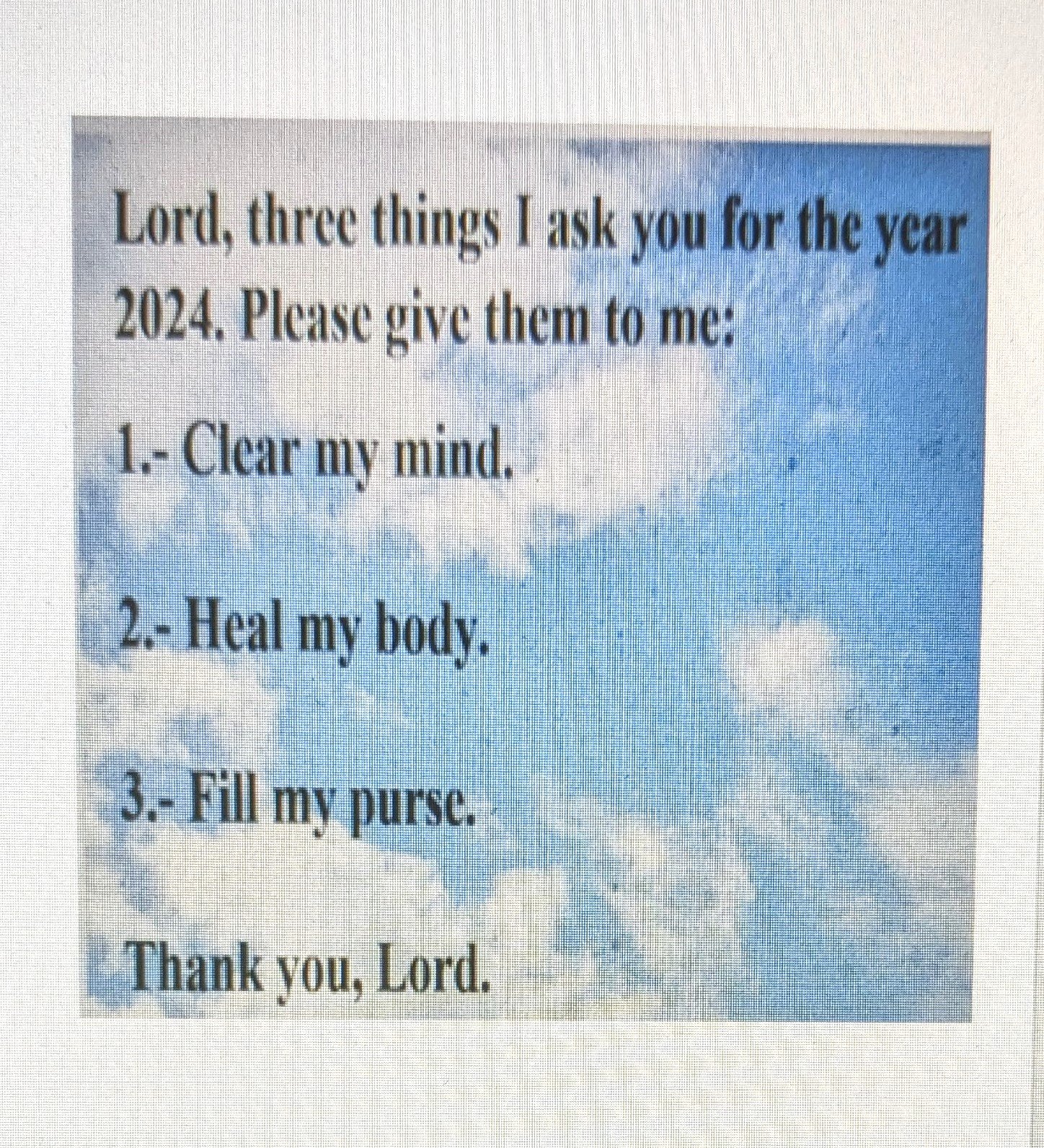
What would you ask God?
I know many people ask for world peace, and that’s great. Others ask for goodwill among others all over the world. In a more personal sphere, people will ask for love, health, money, food on the table, to become debt-free, to be safe, to find work, and access to more opportunities to grow.

Truth or Imagination?
Hello, my dear colleague writers.
So, is it truth or imagination that moves you?
I faced this disjunctive when writing "The Shoplifter." Max, the main character, is forced to confront truth and imagination at some point in his life throughout the novel. Fiction writers deal with this conflict all the time.
But his dichotomy is also present in real life. Ah! We all, ordinary people throughout the times and cultures worldwide, have dealt, at least once, with either truth or imagination.

The Four Kinds of Writers
There are four kinds of writers: Good, Average, Inspired, and Bad.
Stories written by Good Writers come from within themselves. These stories hatch in their minds and evolve in their hearts, although, like rare pearls, they take time to cultivate. Like oysters create pearls by exuding mother-of-pearl layers to cover a grain of sand that has entered their bodies, Good Writers cover their vision with a patina of excellent description and grammar, thus producing a shining, well-rounded story.

Psalm of Renovation
Your Shadows Gone
Come Out to The Light
Shine!
You! The Suffering You!
Don’t Fear the Word
Your Chains Broken
Shine!

Searching Your Book Title
With so many millions of books published yearly, the search for the ideal title can be winding, narrow, exhausting, and stressful.
Been there, done that.
I learned a few lessons.
One is that, usually, the book title comes from what the book is about. True, but not always. Sometimes, the title has nothing to do with the story. "The Postman Always Rings Twice" is a good example.
Suppose your book is about one character, like Tom Sawyer, Barry Lyndon, Anna Karenina, Lolita, David Copperfield, or Tarzan. If this is your case, titling your book with your main character's name would be fine. The title, as the character's name, may become unforgettable. Cross your fingers.

To Read a Book is a Right
To read a book is a right, not a privilege.
And so, what do you do with the books you don't want anymore?
If you have books you no longer read, the correct thing to do would be to leave the book in a visible place so others can see it and perhaps grab it and read it. Passers-by will peruse it, take it, or leave it there for the next person until that book finds a home.
You may know what to do, but let me remind you about other ideas.
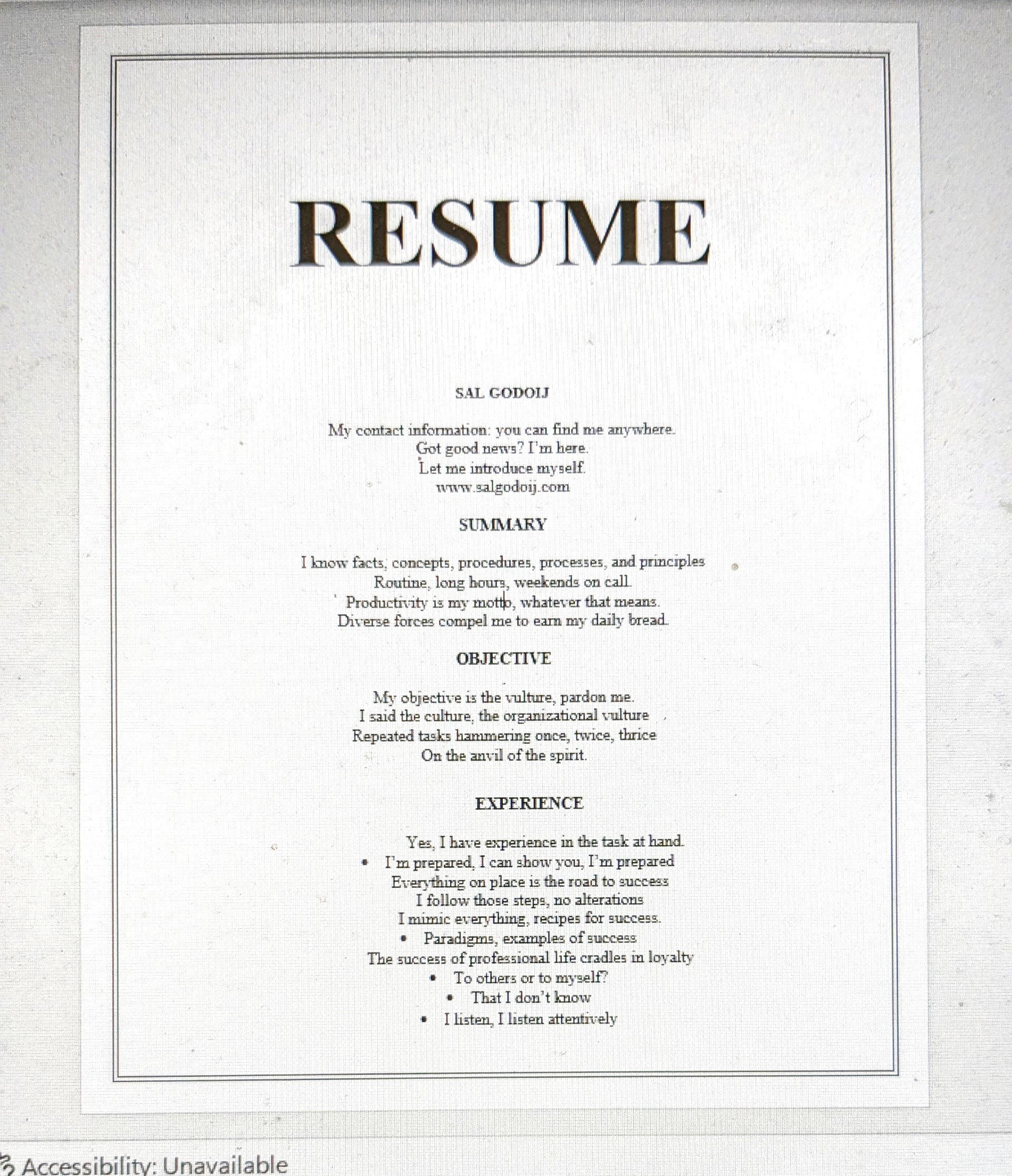
My Resume
My contact information
You can find me anywhere
Got good news? I’m here
Let me introduce myself
I know facts, concepts, procedures, processes, and principles
Routine, long hours, weekends on call
Productivity is my motto, whatever that means
Diverse forces compel me to earn my daily bread
And I cannot escape
My objective is the vulture; pardon me
I said the culture, the organizational vulture
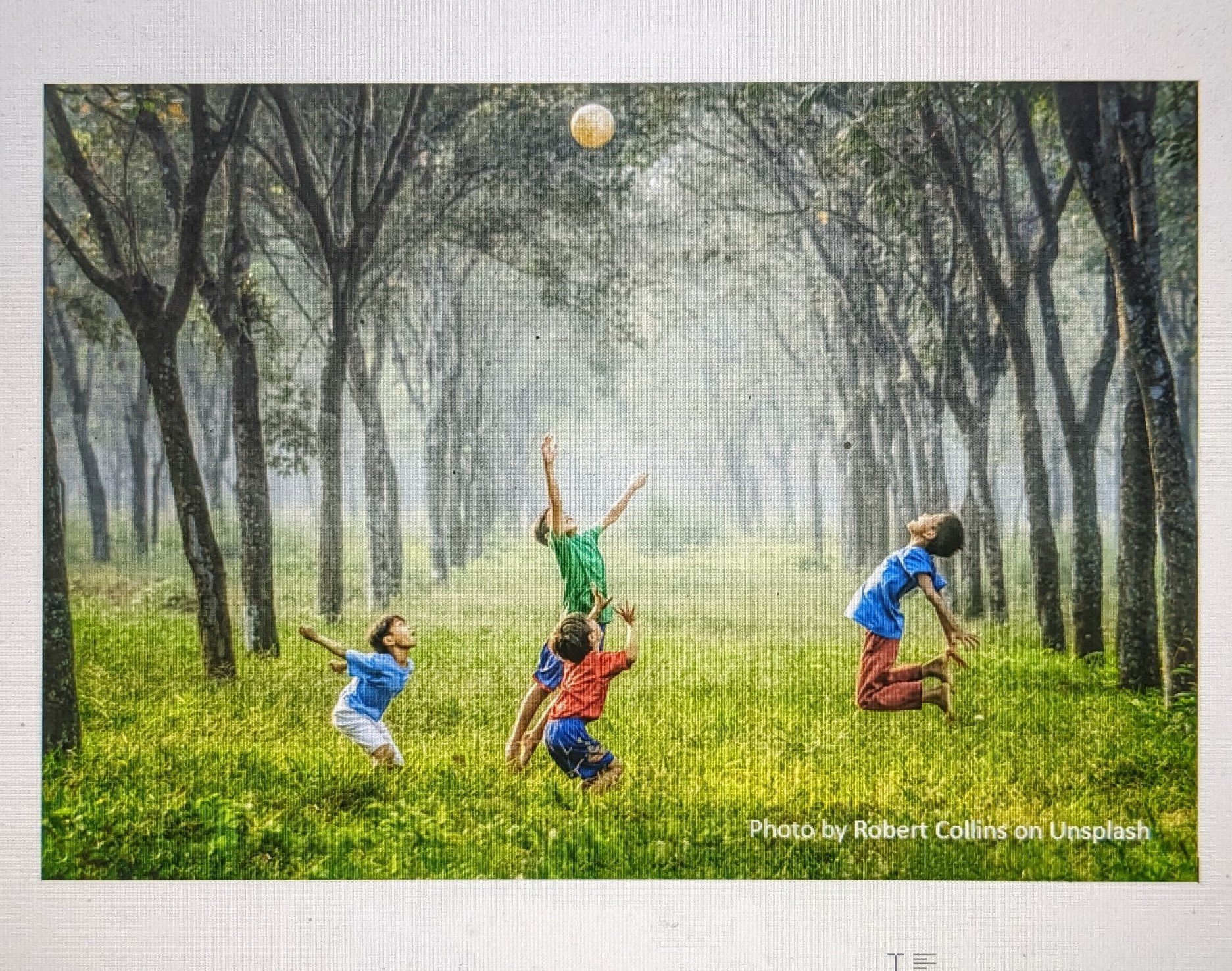
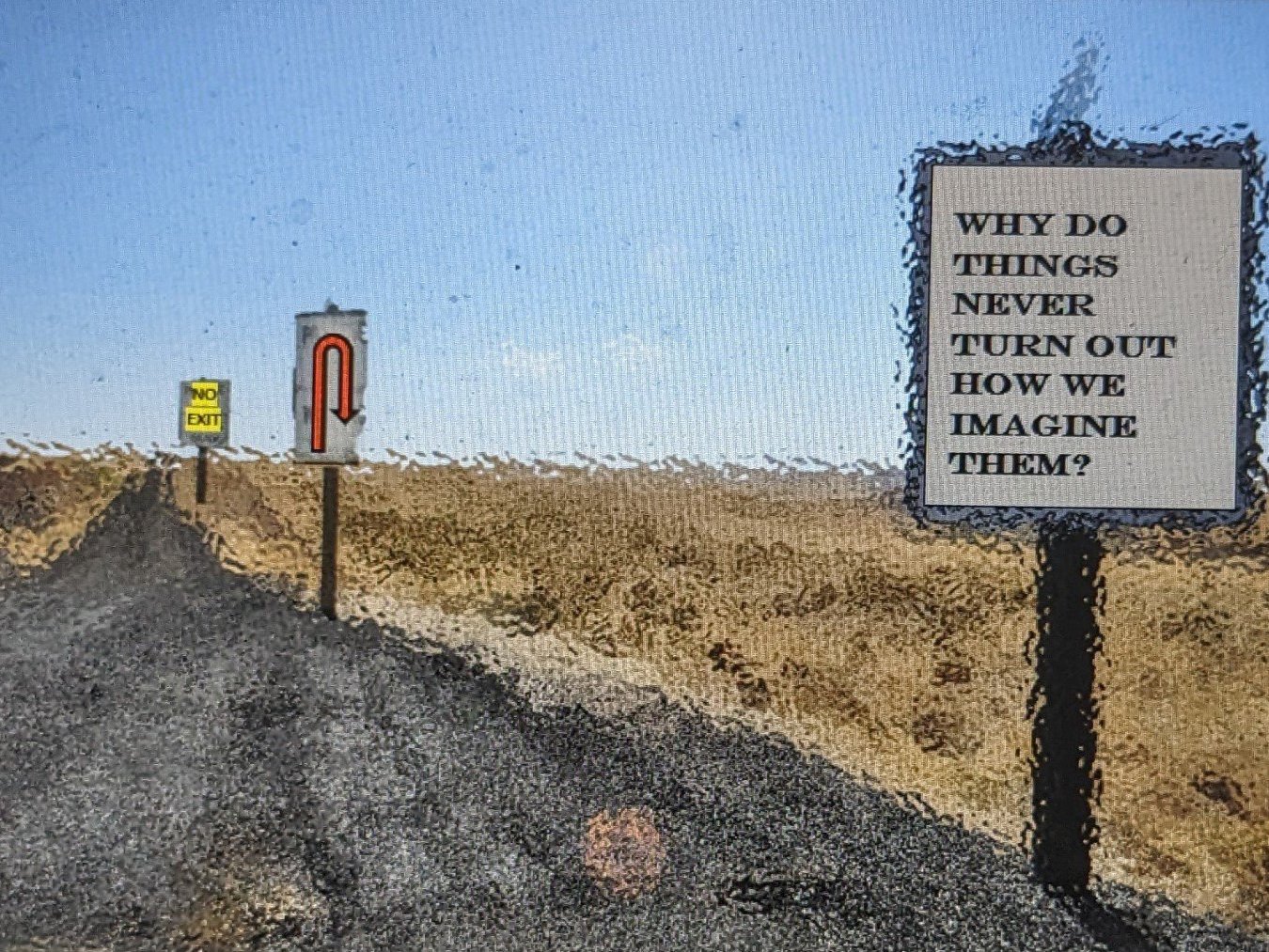
Why do things never turn out how we imagine them?
So, to begin with, let me share these words from F. Scott Fitzgerald referring to Gatsby: “… and his dream must have seemed so close that he could hardly fail to grasp it. He did not know that it was already behind him, somewhere back in that vast obscurity beyond the city, where the dark fields of the republic rolled on under the night.”
So, why do things never turn out how we imagine them?
I know many things depend only on us, how we face them, our plans, and our attitude, but sometimes, it’s not so.

On Peace and War
Peace shapes like a cry that clings to the throat
A cry in a mute mouth
A cry of anger, rebellious, alert
A mute scream
Escapes through the eyes
A cry in a silent mouth
Yet, if peace exists, war coexists
Latent, both vanish in distance and memory
The farther they are, the further they are
It’s not fair. We know it’s not fair
Peace becomes visible when war makes it invisible
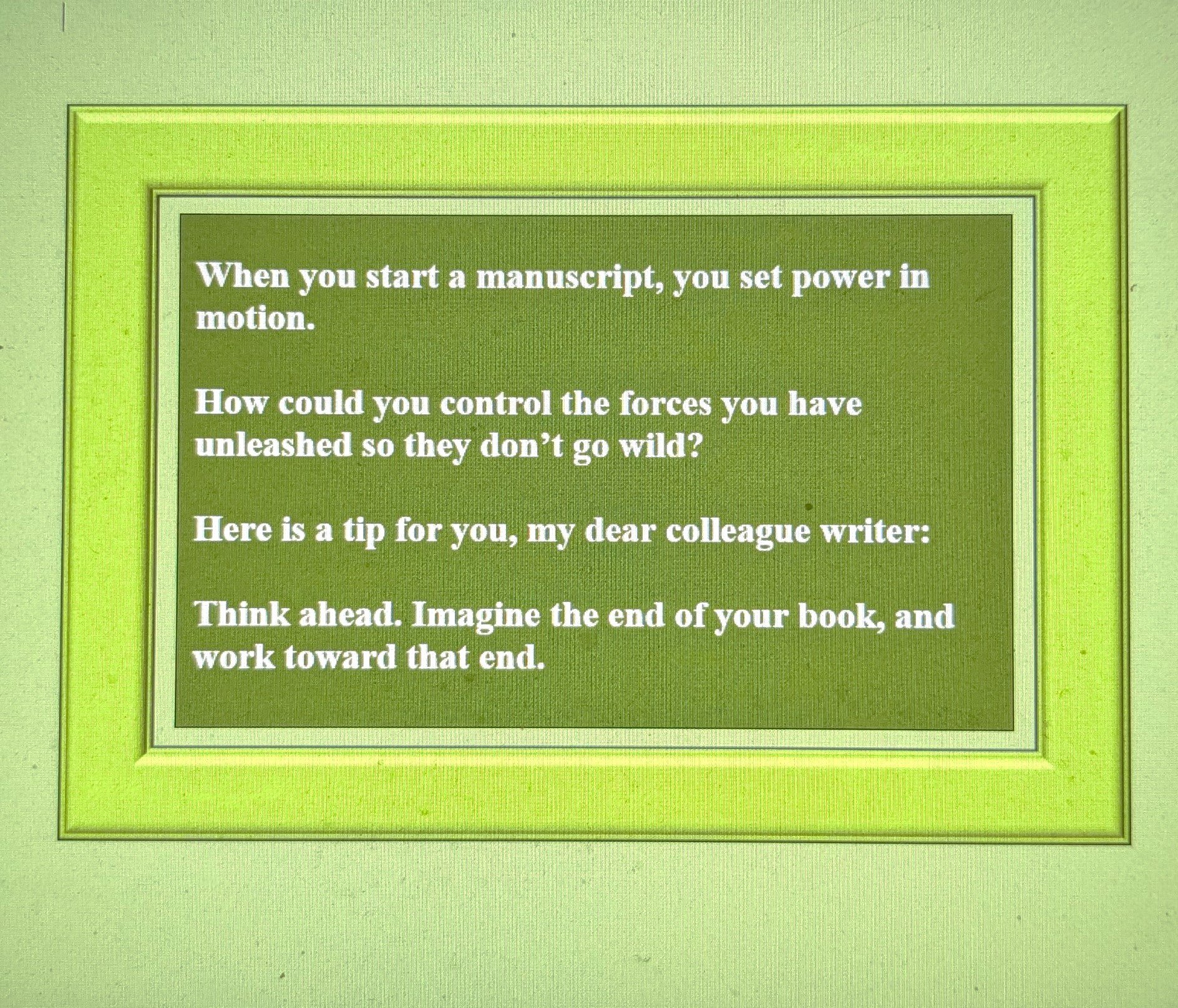
Write toward the end.
When you start a manuscript, you set power in motion.
How could you control the forces you have unleashed so they don’t go wild?
Here is a tip for you, my dear colleague writer:
Think ahead. Imagine the end of your book, and work toward that end.
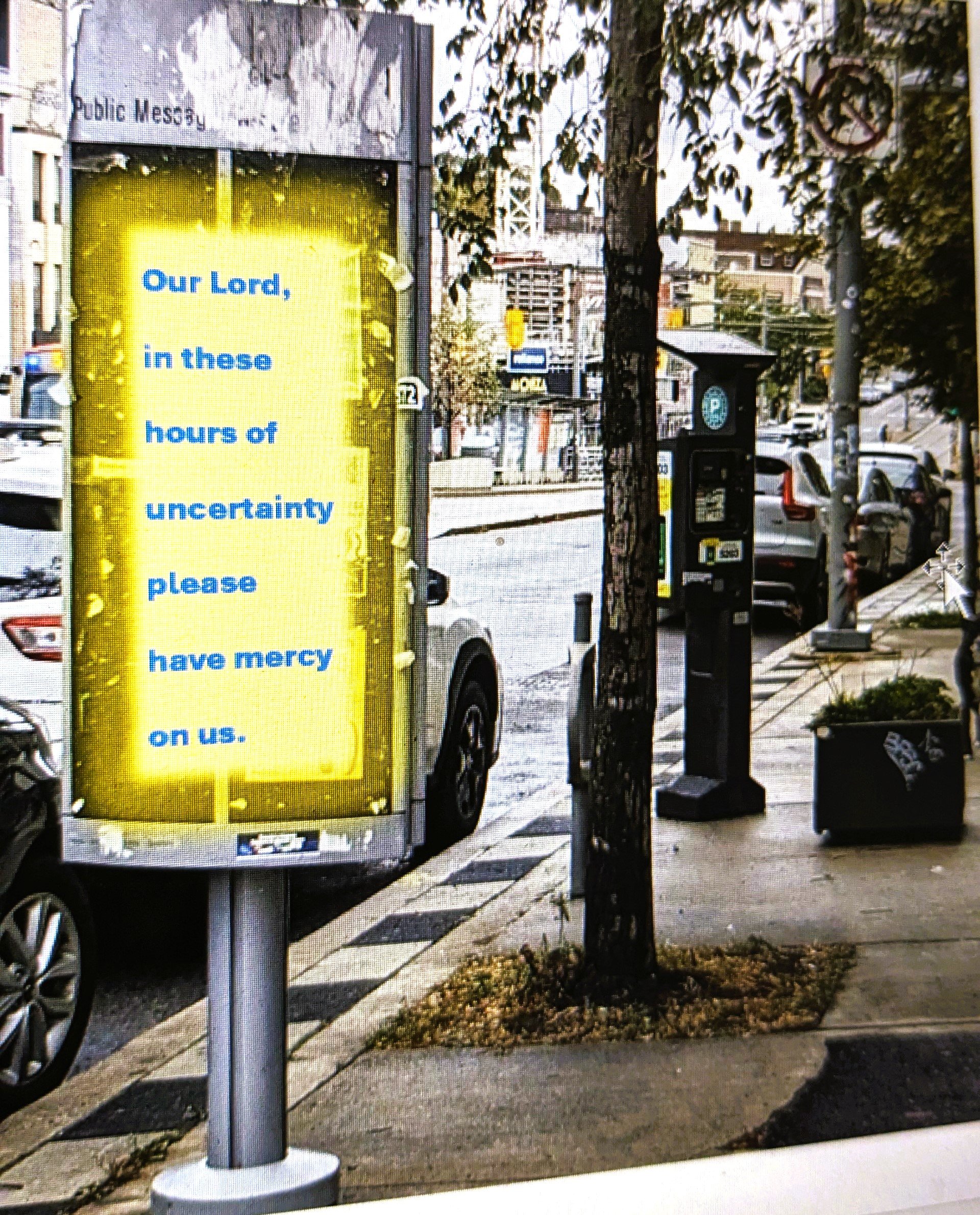

The Almighty Author
Who else but the author can be one and many simultaneously?
Who else but the author can give or take life without guilt, remorse, or punishment?
However, the author is alive. It's real.
And think of it. Think about the awful loneliness, the exhaustion, the rare instances of being in high spirits after the culmination of a manuscript.
The writer's word is the writer's world.
The author has plans; yes, they have plans. The only difference is that, unlike other people, the author has plans for the past, present, and future.
There are no death authors. Indeed, an author is immortal. They live through their characters. Authors have second and even third lives.

On Writing Historical Fiction
I wrote a book titled "Tutankhamen Returns!"
While writing it, I immersed myself in a complex time travel.
I enjoyed the journey and learned from it.
When we write historical fiction, we must bond our imagination with facts so our manuscript doesn't look too wild and the result is as enjoyable as the facts we claim are verifiable to the sensible reader.
And, as I encourage you to go ahead with your writing, I, as I always do, love to share what I have learned so far.
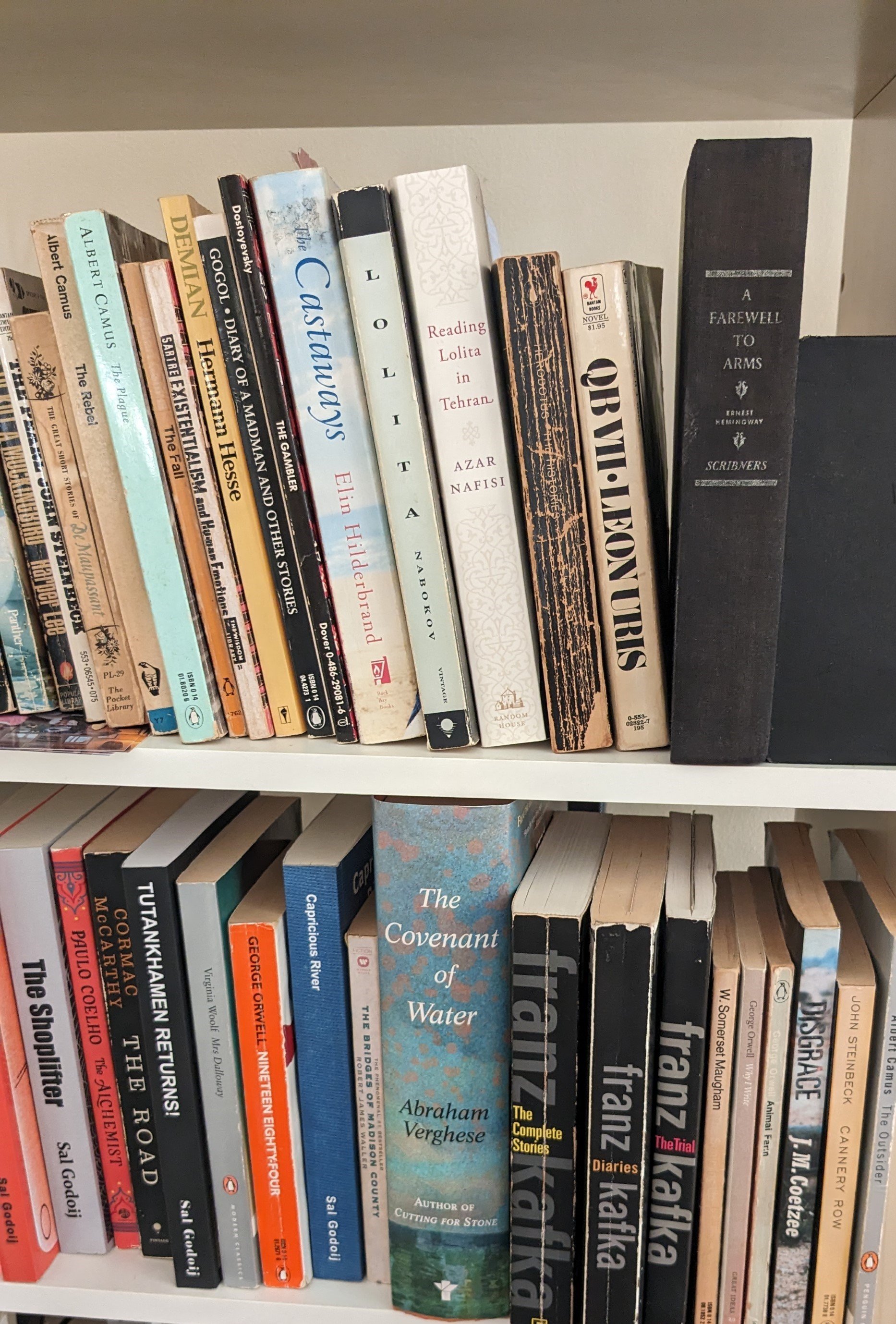
Essentials for a Writer
Do you have the urge to write but have yet to learn what?
And so, you sit there at your desk staring at a blank page.
Let's see.
First, you don't need to worry about the competition. You know already that about four million books are published every year. So, forget about them and do your work well, which should suffice.
Writers don't want to speak a stench, as Kafka said. So, I think you better have a clear idea about what you will write. The blank page is there for a reason. It helps you organize your mind so that only the essential remains.
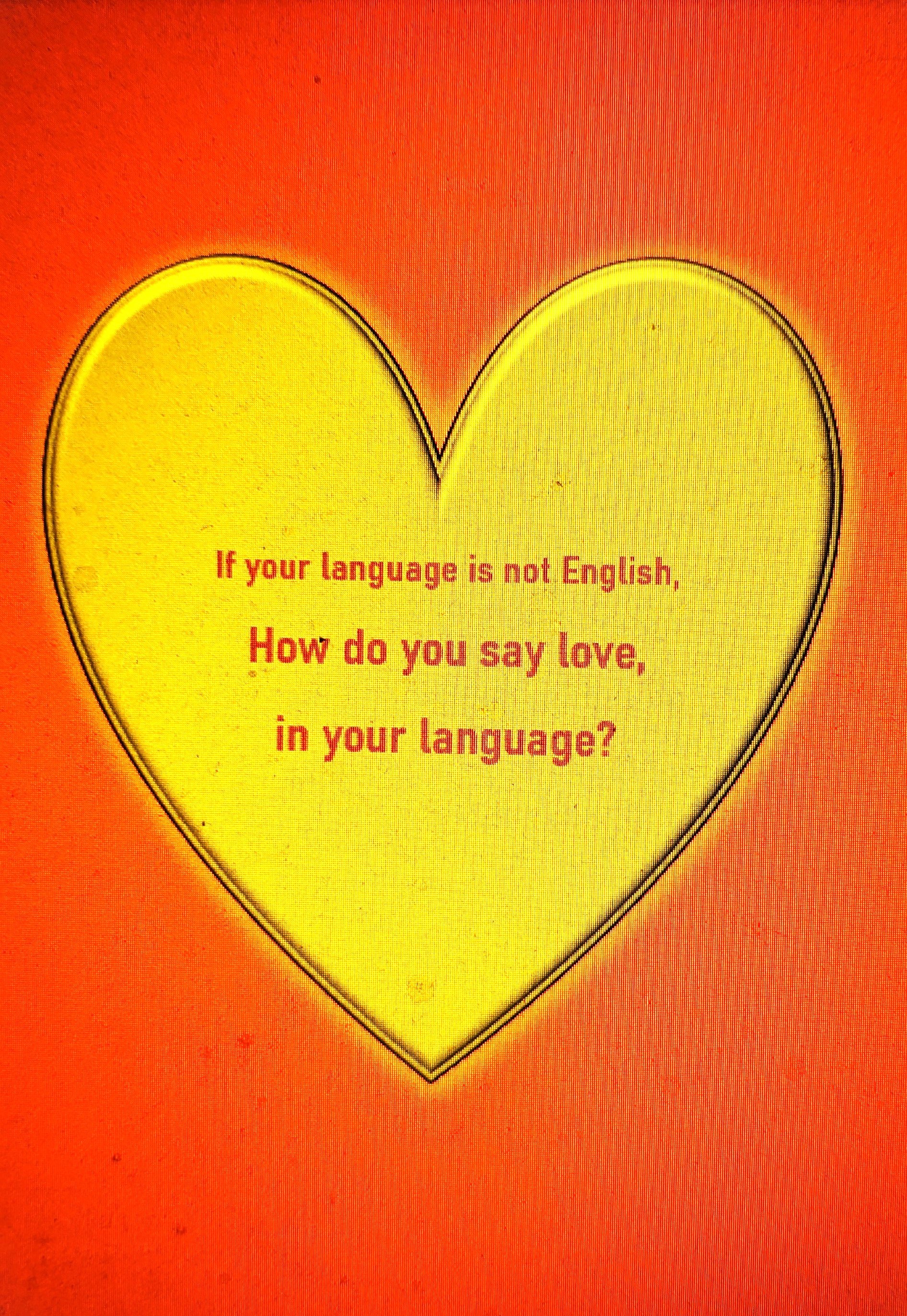
Honey, I say, how do you say love?
Love, speak to me in your language
How do you say we, this, how do you say that?
What I mean is she and I, our relationship, our feelings for each other
And she tells me
Joyfully, she expresses herself
With the words and sounds of her mother-tongue
She speaks about our feelings, our love
My eyes are wide open, my ears not so
I focus on her lips, not on the sound they made
Honey, I say, how do you say love?

My Wife and I
My wife and I don’t speak the same language
So, it has been
She tried to learn mine
To hold a decent conversation with the in-laws
She gave up
I wanted to know hers
The same goal
I gave up